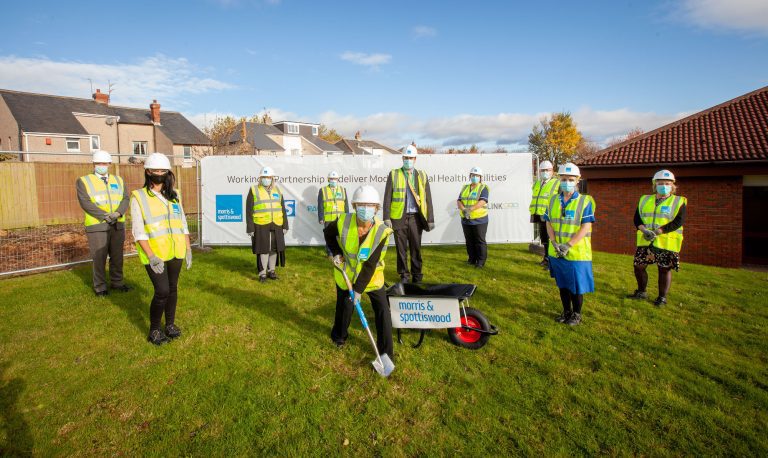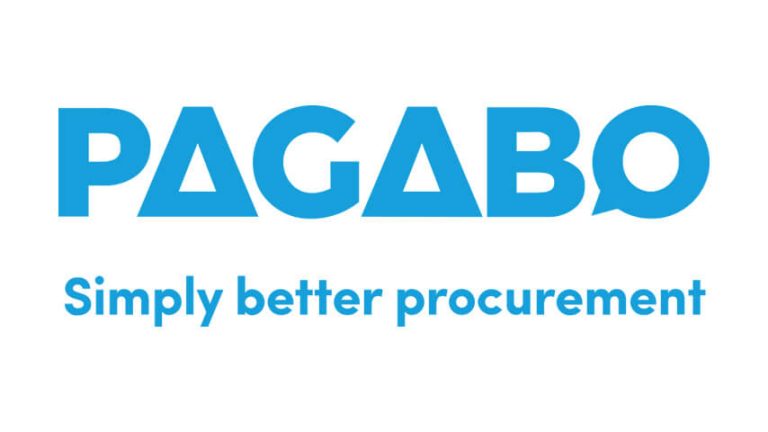THERE is a big focus in the Construction Playbook on procuring for value and harnessing the power of SMEs within the industry. Chief executive at Pagabo, Simon Toplass, discusses how our approach to SME relationships and treatment, and the procurement planning process will deliver on several of the core principles outlined in the playbook. Programme versus project With social value to consider as well as physical delivery costs, there is a huge education process that needs to happen led by framework providers, contractors, and consultants to help identify what best value and whole life value actually is. Framework providers like ourselves need to work with public sector organisations to define this, looking at whole programmes rather than on a project-by-project basis. We have an important role, especially as many clients seek to use frameworks to ensure they get the best possible outcomes. This outcome-based approach is another key focus within the playbook, and it is where the creation of a gold standard for frameworks would benefit absolutely everyone working in procurement. For example, frameworks will vary in commercial offerings, so transparency of cost will be important, to ensure contracting authorities aren’t caught out by hidden extras. In the same way that the public sector needs to consider the suitability of a consultant or contractor, it also must choose a framework provider equally as carefully. This means providers must provide simple, affordable and accessible solutions, but more than this they must be transparent about their costs and compliance as well. An excellent example of the action of looking at outcome-based approaches of a programme of work is our recently launched developer-led framework. The projects procured via this framework will be many, and lasting for many years, so all parties must work together to examine the best value – not just simple, monetary cost – beyond the construction phase and across the whole lifecycle. This whole life approach to best value enables us to embed all the key elements we need to be considering for the built environment moving forwards, from delivering true social impact on a local basis, to working towards the government’s goals for net zero carbon. This can all be outlined and embedded into the procurement process, and even within the contracts themselves as KPIs too, particularly within the NEC4 suite of contracts. Preparation is key One of the earliest lessons of my career was that the biggest enemy of good procurement is lack of time, and that rushing the preparation should be avoided at all costs. This is something that has stuck with me throughout several decades of working in procurement, and feeds into our focus on excellent, expertise-led procurement services at Pagabo. What has really resonated with us about the Construction Playbook is that ten of the 14 key policies outlined fall within the first of the five phases of procurement – i.e., within the preparation and planning phase. This section alone is half of the entire 83-page playbook, so it demonstrates the old saying ‘failing to plan is planning to fail’. A huge focus must be placed on getting the preparation spot on to make sure that project success is not threatened, and the best outcomes can be achieved for all parties involved. SMEs are the future of construction The Construction Playbook ultimately aims to deliver a better and fairer industry, including prompt and fair payments – something that is really important to focus on in the conversation around SME engagement. It’s clear that the government is keen to involve SMEs, and ensure their early engagement in programmes, but it’s crucial that this involvement is fair – including proper and prompt payment. This is highlighted even further when we examine the impact of the pandemic on these businesses. Insolvency practitioner Real Business Rescue recently released its Business Distress Index for Q4 2020, with the data revealing that the number of UK SMEs in significant financial distress is now 620,000. If this isn’t startling enough, that figure had risen by 14 per cent from the previous quarter. Construction is second only to fishing as one of the least innovative sectors in the UK, which means we have a real opportunity to make a huge stride forward in how we do things – and SMEs are central to this. They serve as the engine room of our industry, being best placed to bring forth the new ideas, products, services and tech adoption and will help us move out of this comfortable zone where we keep to ‘this is the way we’ve always done it’. The industry has been banging the SMEs and innovation drum for years, but the important thing is to put words into action. At Pagabo, 70 per cent of the suppliers across our ten frameworks are SMEs, and during the latest episode of our ‘Building Blocks’ podcast it was great to hear from Peter Masonbrook at Faithful+Gould that 83 per cent of its supply chain are SMEs. Willmott Dixon’s national account manager Andrew Brookes also joined the podcast discussion. He shared the various innovations taking place within the main contractor organisation, from the small pockets that are constantly happening across its live sites and offices, to larger, business-led approaches such as investment in products for standardisation and digitisation – another two key areas covered by the playbook. Pagabo’s relationship with industry SMEs goes beyond simply appointing them to our frameworks. We have a set of robust KPIs in place which ensure our suppliers are working with local supply chains on every project they undertake. By putting this process in place we’re able to track both the spend on and engagement each supplier has with local SMEs. Another example of this is our work with health tech brand Moodbeam. We’re currently undertaking a series of trials to understand how to best integrate its wearable wellbeing device into our on-site health, safety and wellbeing strategies in the construction sector. Simply put, we cannot afford to lose SMEs within our industry. They will be central to building














